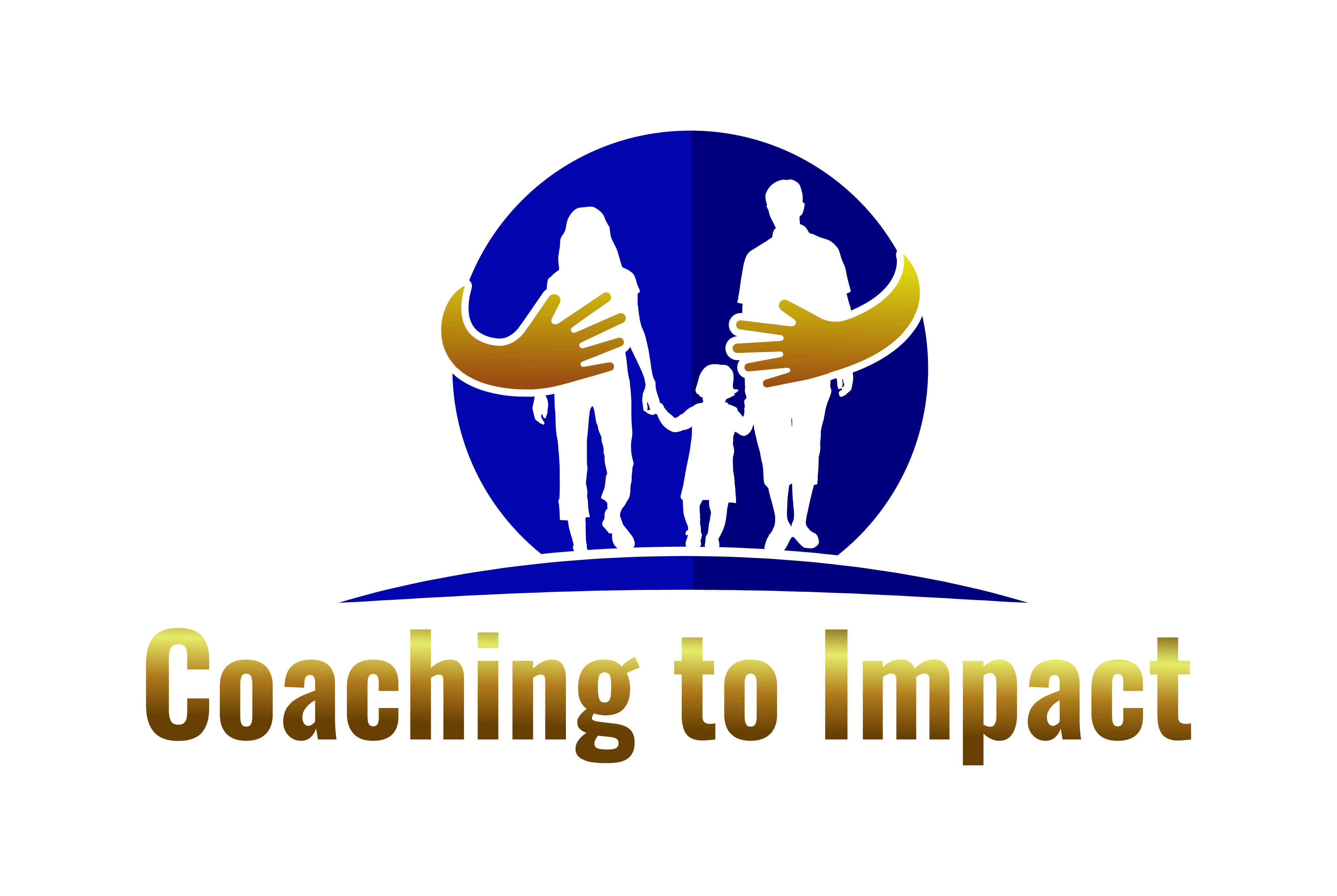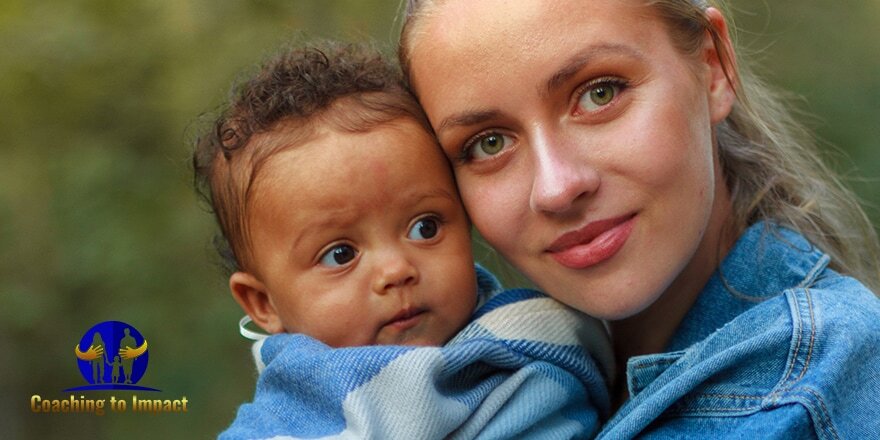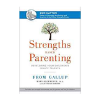Each person, adopted or not, is influenced by their unique experiences. Every adoption case is different, and adopted children will change according to the way their adoption story impacts them.
Adoption is a lifetime experience with its unique rewards and difficulties that you and your child may encounter at some point in your journey. Even when adoption is a beneficial experience, adoptees may cope with core issues like grief and loss, or confidence and identity, or also emotional and learning challenges.
Here are some typical core issues faced by adoptive families, as well as some strategies for parents to help their children get through. As you read through this, think how much more this is for a child who is transracially adopted.
Grief, separation, and loss
While it may be challenging for adoptive parents to comprehend, most adopted children experience sensations of grief and loss related to their adoption. They may face the loss of their birth parents as well as siblings, grandparents, and their extended family. Older children who are adopted later in life may regret the loss of foster families, friends, and familiar schools or neighborhoods.
Feelings of grief and loss, as well as additional emotions linked to the grieving process such as anger, denial, anxiety, and fear, may increase when children have the feeling that others cannot comprehend or accept that they are grieving. These problems may occasionally appear or at major emotional events later in the adoptee’s life, such as the birth of a child or death of a parent.
Feelings of grief and loss may contribute to fear of abandonment or rejection, commitment problems, behavioral issues, and fear of future losses, which could affect the evolution of friendships and relationships. Grief may also become more intricate by guilt when an adopted child feels that they are disloyal to their adoptive parents by grieving their birth family.
Everyone handles grief and loss in their way and at their own time, and some children may need additional support as they acknowledge and accept these difficult emotions.
Self-esteem and identity
Adoption can come with some challenges for children as they struggle with the identity formation process, especially in adolescence. Adoptees with insufficient knowledge about their birth families and the motives their birth parents decided for adoption may particularly encounter troubles in identity development.
Identity development issues may appear as adopted children cope with integrating into their adoptive family. Some adoptees may perceive themselves as different, undesirable, or rejected. Others may fight to fit in with their adopted siblings, foster families, or with their non-adopted siblings who know more about their backgrounds and are more confident in their identities. Identity issues may be further enhanced if the child’s race or heritage isn’t similar to their adoptive family.
Children who feel rejection or try to find their place among their peers or family members may experience lower self-esteem and could benefit from counseling or therapy assistance to address these issues.
Attachment difficulties, school troubles, and other mental health challenges
Older adopted children who experienced trauma such as neglect, abuse, various foster care placements, or institutional care earlier in their childhood may have further developmental, social, and emotional problems. Some research implies that these children may be at higher risk for issues such as attention deficit hyperactivity disorder (ADHD), substance abuse, learning disabilities, depression, anxiety disorders, and attachment disorder. Most children struggle to develop trusting bonds with adoptive parents if they encounter prior abuse, neglect, or institutionalization.
Children who have endured trauma or who are coping with developmental or mental health issues may find beneficial counseling and support services. These kinds of families should seek additional education and support to handle these problems with their children.





